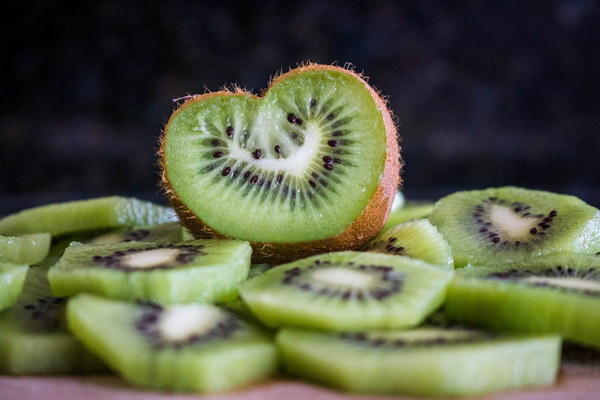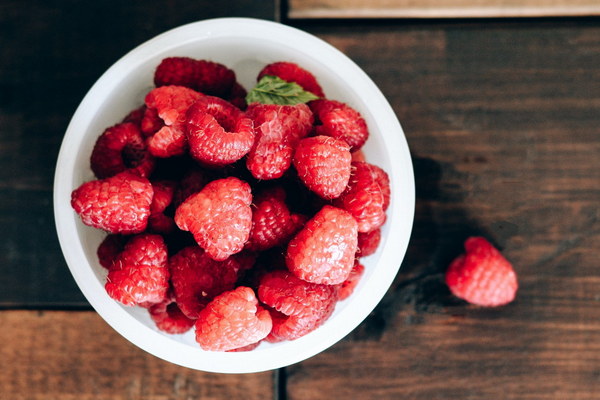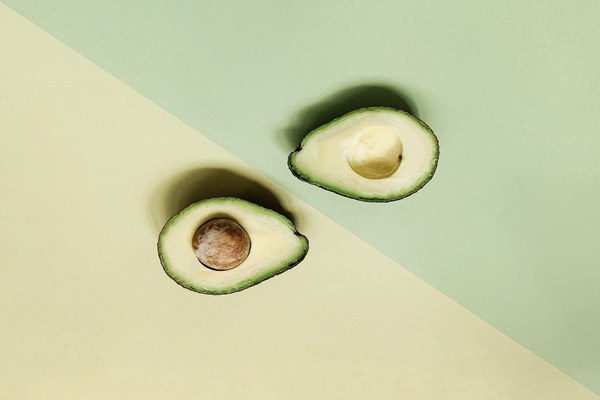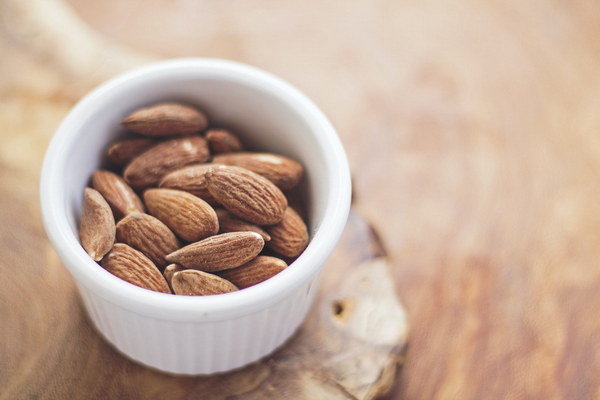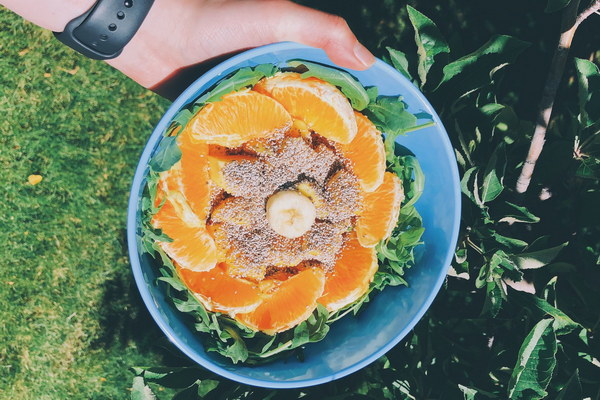Revitalizing the Lungs Unveiling the Secrets of Qing Fei Yin Formula
In traditional Chinese medicine, the Qing Fei Yin formula holds a special place among herbal remedies, offering a profound solution for respiratory issues. Composed of carefully selected herbs, this formula aims to clear heat and nourish the lungs, thereby alleviating a variety of respiratory ailments. This article delves into the origins, composition, and efficacy of the Qing Fei Yin formula, as encapsulated in its famous formula song.
The Qing Fei Yin formula song, a poetic expression of the formula's composition, reads as follows:
Ma Huang, Zi Su Ye,
Bai Zi Ren, Ren Dong Teng,
Fu Ling, Zhi Gan Cao,
Jie Geng, Ban Xia, Bu Xin Li.
Ma Huang Qing Fei Wei,
Zi Su Ye, Jing Fei Hai,
Bai Zi Ren, Ren Dong Teng,
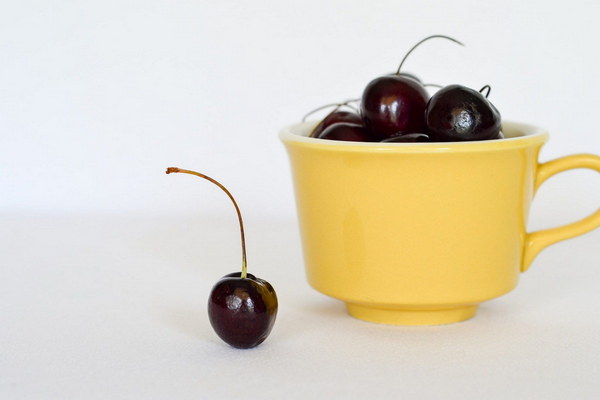
Fu Ling, Zhi Gan Cao, Zhong Fei Hai,
Jie Geng, Ban Xia, Bu Xin Li, Xie Fei Hai.
Let's break down the components of this formula song and understand the significance of each herb:
1. Ma Huang (Ephedra Sinica): Known for its properties of clearing heat and promoting diuresis, Ma Huang serves as the primary herb in Qing Fei Yin, targeting the lungs and alleviating respiratory congestion.
2. Zi Su Ye (Perilla Leaf): Rich in natural cooling properties, Zi Su Ye aids in clearing heat and dampness, thereby soothing the respiratory tract and reducing inflammation.
3. Bai Zi Ren (Semen Trichosanthis): With its nourishing and moistening effects, Bai Zi Ren helps to moisten the lungs and relieve dry cough, making it an essential component in the formula.
4. Ren Dong Teng (Toona Sinensis): Ren Dong Teng is renowned for its ability to clear heat and promote urination, further supporting the formula's respiratory benefits.
5. Fu Ling (Poria): As a natural diuretic, Fu Ling helps to drain dampness and clear heat, supporting the formula's overall respiratory properties.
6. Zhi Gan Cao (Licorice Root): Zhi Gan Cao serves as a harmonizer in the formula, mitigating the potential side effects of other herbs and enhancing their therapeutic effects.
7. Jie Geng (Platycodon Grandiflorus): Known for its expectorant properties, Jie Geng helps to expel phlegm and alleviate cough, making it an essential herb in Qing Fei Yin.
8. Ban Xia (Pinellia): Ban Xia possesses expectorant and anti-inflammatory properties, contributing to the formula's ability to clear heat and moisten the lungs.
9. Bu Xin Li (Schisandra Chinensis): As a natural tranquilizer, Bu Xin Li helps to relieve stress and anxiety, making it a beneficial addition to the formula for those suffering from respiratory issues exacerbated by stress.
The Qing Fei Yin formula, as encapsulated in its formula song, showcases the profound understanding of traditional Chinese medicine in addressing respiratory ailments. By combining these herbs, the formula aims to clear heat, nourish the lungs, and alleviate respiratory symptoms, such as cough, phlegm, and fever.
In conclusion, the Qing Fei Yin formula, as revealed by its formula song, is a powerful herbal remedy that has stood the test of time in traditional Chinese medicine. By understanding the composition and properties of its herbs, we can appreciate the formula's efficacy in treating respiratory issues and promoting overall lung health.
